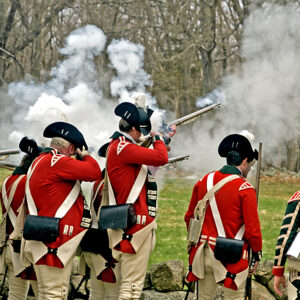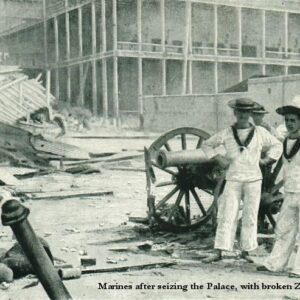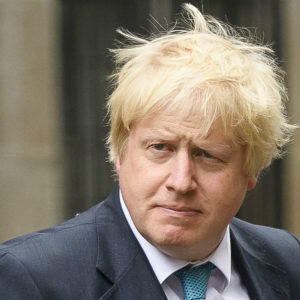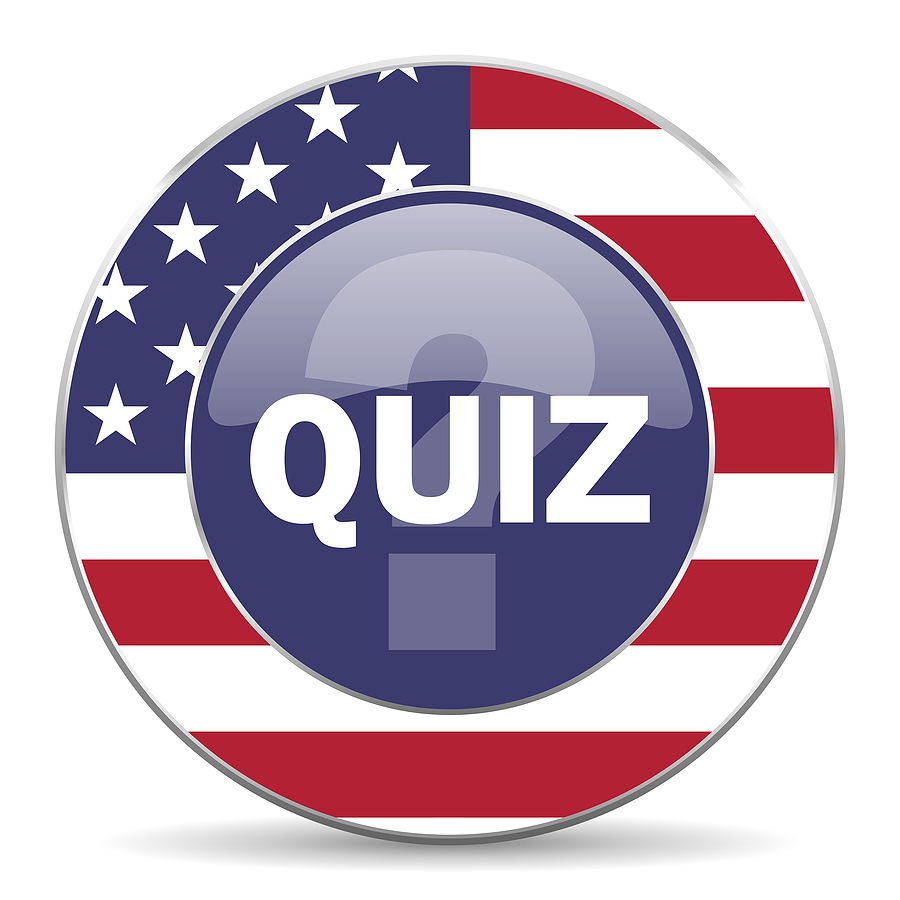For an alternate viewpoint, see “Point: We Celebrate America’s Freedoms on the 4th of July, Not Britain’s” It is time once again to celebrate the red, white and blue. Of course, by that, I mean the Union Jack, the flag of the United Kingdom. Our rightful flag. The American Revolution was successful only because the […]
Tag: Great Britain
Posted inPolitics






